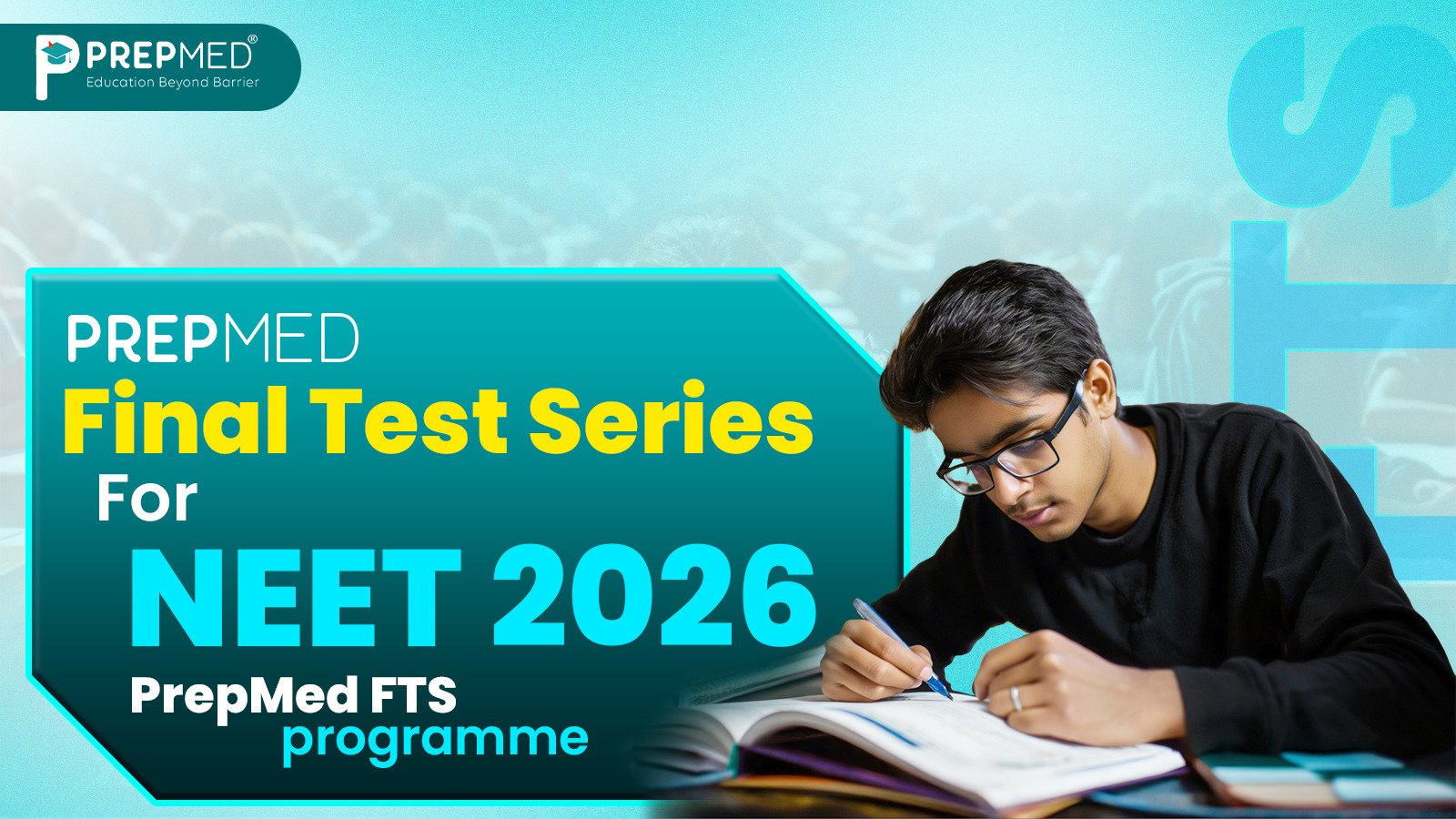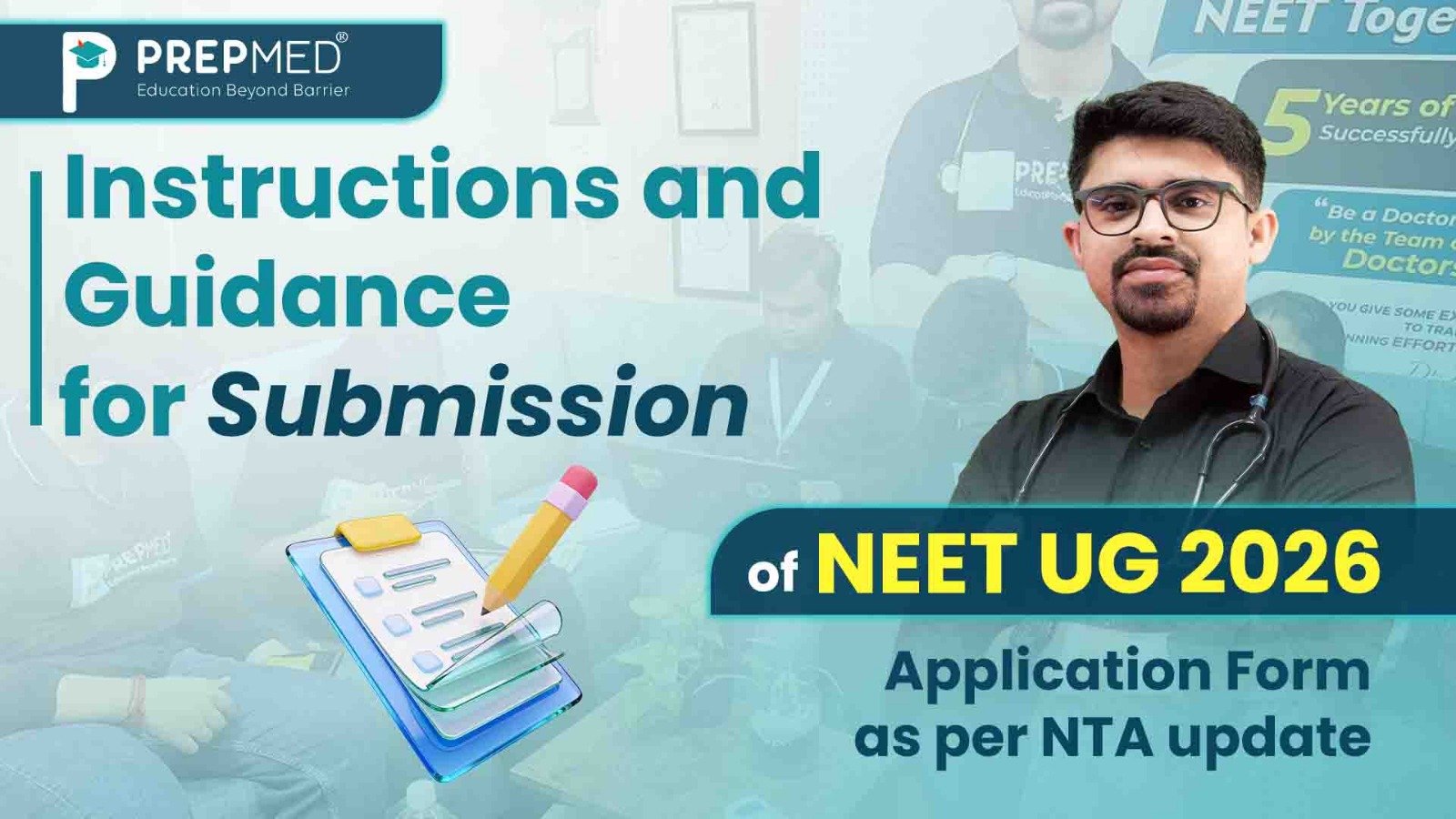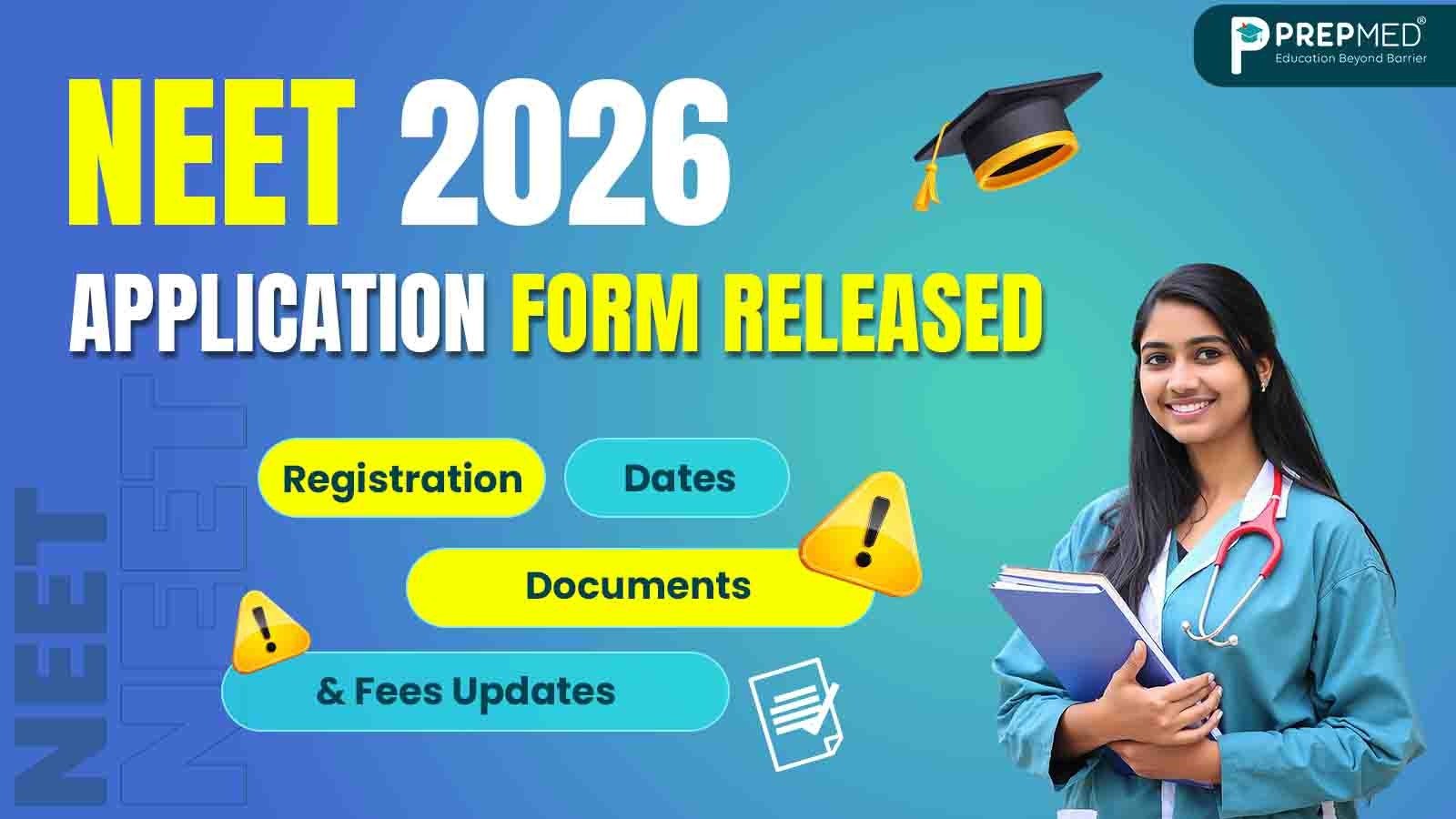March 16, 2025
How To Crack Neet In 45 Days- A Complete Study Plan
Thousands of students succeed in NEET UG each year by implementing the correct study approach, which you can use to achieve success.
This guide is your ultimate path to success. It will help you overcome overwhelm, uncertainty about your study starting point, and concerns about the extensive syllabus.
Ready to dive in? To ensure your success, we will outline a 45-day study program that maximises efficiency and retention while building exam confidence.
Week 1-2: Build a Strong Foundation
Students must focus on core concept comprehension and foundational development during their first two weeks of study. Your future academic performance will improve from devoting more time to understanding and memorising topics.
Physics
The foundation of physics begins with Mechanics and Kinematics, which students should study first. They should focus on understanding concepts clearly while deriving their formulas and solving at least thirty numerical problems daily.
Chemistry
- The questions for Inorganic Chemistry in NCERT are the foundation since most exam questions originate from this textbook. Students should learn periodic trends, chemical bonding principles, and essential exceptions by heart.
- The study of Organic Chemistry should concentrate on reaction mechanisms including SN1, SN2, electrophilic and nucleophilic substitutions, and named reactions. Learn about reagent functionality instead of memorising them by rote.
Biology
Biology is the highest-scoring subject, so NCERT is essential study material. Start with human physiology and genetics, which are heavily weighted in the examination. Students should highlight vital information while memorising diagrams and conducting daily reviews.
Practice
Spend your weeks completing at least two to three NEET previous-year papers.
Week 3-4: Strengthen Problem-Solving Skills
Your next step is to improve your speed and accuracy to develop problem-solving abilities. The upcoming two weeks will concentrate on perfecting numerical skills, learning concept applications, and expanding your testing approach.
Physics
- Physics is the main challenge for students, yet proper techniques will lead to success. The subjects of thermodynamics, modern physics, and electrostatics are essential in the NEET examination.
- Devote daily practice to solving numerical problems, including examples from previous years’ NEET papers.
- Master time-saving methods for performing mathematical computations.
- Study the formulas along with their origin because memorisation alone is insufficient.
Chemistry
- Strengthen your numerical-solving skills in topics like Mole Concept, Chemical Kinetics, and Electrochemistry.
- The NEET examination often tests students on reaction mechanisms in Organic Chemistry, so students should master this topic.
- Students should study the periodic table trends in Inorganic Chemistry through assertion-reason type question practice.
Biology
- The Biology section demands your attention to the following content:
- Students must thoroughly learn all direct examination questions that originate from NCERT diagrams and tables.
- The three subjects of plant physiology, ecology and biotechnology stand out because they will receive substantial evaluation in the examination.
Mock Tests
- Performing timed mock tests twice per week helps you create an accurate simulation of the actual examination.
- Check your mistakes in each test before dedicating more time to study your weak points.
- Time management improvement is essential for NEET since speed and accuracy determine success in this exam.
Tip
Keep track of your errors by writing down wrong questions for regular revision. Studying in this manner helps you avoid repeating previous mistakes.
Week 5-6: Intensive Revision & Final Preparation
During the last two weeks, you must focus on revision work alongside mock tests and strategy improvement. Your main objectives for this phase should focus on mastering the content better while removing mistakes that occur by chance and developing self-assurance.
Quick Revision
- You must review your short notes and formula sheets every day.
- Devote your study time exclusively to important topics which frequently appear in the exams.
- Read and review each line of NCERT text, especially for Biology and Inorganic Chemistry.
Full-Length Mock Tests
- Every day, complete NEET mock tests according to actual examination regulations.
- Devote your time to complete the paper within 2 hours and 45 minutes while reserving enough time for review.
Stress Management
- You can maintain a healthy daily routine by sleeping 6-7 hours, consuming nutritious meals, and drinking plenty of water.
- Your preparation deserves your trust, so avoid studying late because you already possess the necessary knowledge.
During the final two weeks, your main objective should be to reinforce your existing knowledge rather than acquire new subject matter. Maintaining a positive mindset while remaining consistently confident when you enter the exam room.
Common Mistakes to Avoid
Hardworking NEET 2025 aspirants still have the potential to make errors that result in losing essential points in the examination.
1. Ignoring NCERT Books
NEET relies heavily on NCERT books as its primary foundation, particularly in the Biology and Chemistry sections. Students who use multiple reference books tend to neglect NCERT, which is a significant mistake. Before consulting alternative resources, students should learn every NCERT line, diagram, and table.
2. Overloading with Multiple Resources
Students who use too many reference materials at once will experience confusion, leading to unclear understanding. Students should use NCERT textbooks combined with a reliable question bank and previous-year examinations to study each subject. Quality matters more than quantity!
3. Not Practising Enough MCQs
The success in NEET depends heavily on practicing enough MCQs because this exam demands fast responses and precise answers. Daily practice of MCQs below your target amount will result in poor time management during the exam. Daily practice of 150-200 MCQs should include questions from all difficulty levels.
4. Lack of Time Management in Mock Tests
Many test-takers experience time-related panic during the last thirty minutes because they fail to finish their mock exams within the designated time. The best way to avoid this? You should take complete mock tests under exam simulation conditions.
PrepMed provides realistic NEET mock tests that deliver performance analysis results. These tests help you improve your time management skills while maximizing your NEET score.
Conclusion
Proper planning, consistent work, and effective study methods can help you pass NEET 2025 with a 45-day study plan. Success in NEET 2025 depends on maintaining focus while revising effectively and practicing numerous MCQs.
Your NEET success depends on your study duration and ability to study effectively. Your preparation will succeed by following the NCERT material while taking regular mock exams and analyzing your errors to learn from them. Your dedication will lead to success because you should trust yourself and maintain positive thoughts.
Ready to test your preparation? PrepMed provides complete NEET mock tests, which deliver authentic exam conditions, thorough performance breakdowns, and expert support for your medical seat dreams.






